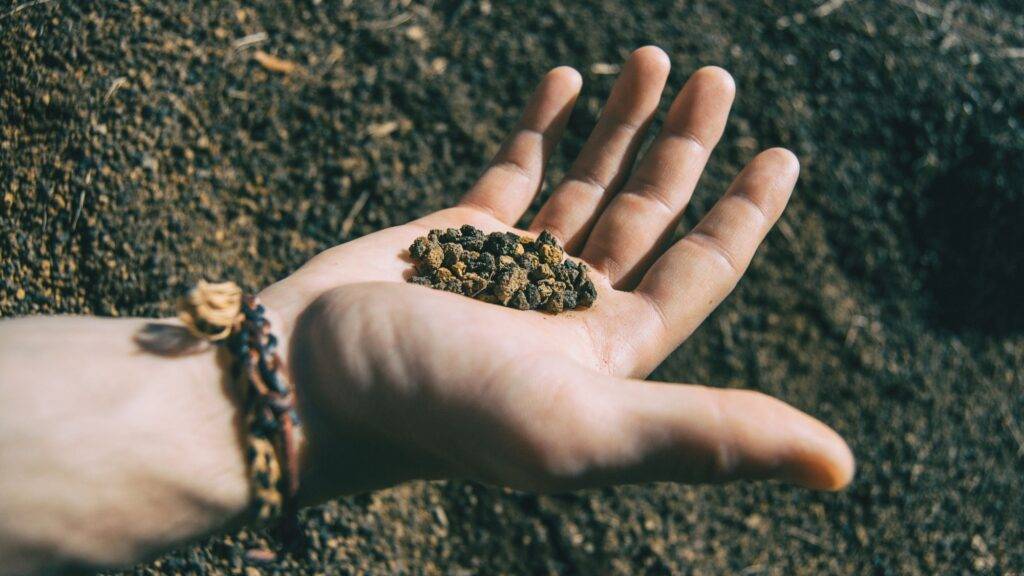Italy is a country renowned for its extraordinary wine tradition, which extends from the Alps to Sicily. Among the many varieties of Italian wines, volcanic wines hold a prominent place due to their unique characteristics and deep connection with the land. These wines come from volcanic soils, enriched with minerals that give the wines a particular complexity and structure. Let’s explore some of the main Italian regions producing volcanic wines and discover what makes these wines so special.

Characteristics of Volcanic Wines
Volcanic soils are rich in minerals such as potassium, magnesium, and phosphorus, elements that positively influence the growth of the vines and, consequently, the quality of the wine. Wines produced on volcanic soils often exhibit a mineral freshness, good acidity, and remarkable longevity. Among the most common aromatic notes are hints of flint, graphite, and a certain saline flavor, making them easily recognizable and highly appreciated by connoisseurs.
Italian Regions and Volcanic Wines
Etna, Sicily
The Etna region is perhaps the most famous for its volcanic wines. Located on the slopes of Europe’s highest active volcano, Etna offers a unique terroir. Here, native grape varieties such as Nerello Mascalese and Nerello Cappuccio for reds, and Carricante for whites, create wines of great elegance and complexity. Etna Rosso wines are known for their aromas of red fruits, spices, and a distinctive mineral note, while Etna Bianco exhibits freshness and liveliness, with notes of citrus and white flowers.

Soave, Veneto
Soave is another example of high-quality volcanic wine, produced in the hilly area of the Monti Lessini in Veneto. The main grape variety here is Garganega. The volcanic soil of the area gives Soave a mineral structure and a freshness that makes it particularly enjoyable. Soave wines are often characterized by aromas of white-fleshed fruit, almond, and a subtle saltiness.

Vesuvio, Campania
In the Campania region, the slopes of Mount Vesuvius host vineyards that produce wines of great character. Among the most famous is Lacryma Christi del Vesuvio, available in both white and red versions. The volcanic soil of Vesuvius imparts a distinctive minerality to these wines, with notes of ripe fruits, spices, and a pleasant freshness.

Colli Euganei, Veneto
The Colli Euganei, a group of volcanic hills in Veneto, are also known for their volcanic wines. Here, red and white wines are produced from grape varieties such as Merlot, Cabernet Sauvignon, Moscato, and Serprino. The wines of Colli Euganei stand out for their elegance, good acidity, and complex mineral notes.

Gastronomic Pairings of Volcanic Wines
Volcanic wines, thanks to their freshness and aromatic complexity, lend themselves to numerous gastronomic pairings. Etna Rosso, for example, pairs perfectly with red meats, aged cheeses, and Sicilian dishes like caponata. Soave is ideal with fish dishes, risottos, and fresh cheeses. Lacryma Christi del Vesuvio goes well with traditional Campanian dishes, such as margherita pizza or grilled fish.
Italian volcanic wines represent a unique enological heritage, capable of telling the story and geology of the territories from which they originate. Their complexity and mineral freshness make them fascinating and versatile wines, perfect both for tasting moments and for accompanying dishes from Italian and international cuisine. If you haven’t tried them yet, Italian volcanic wines are definitely a must-add to your tasting list to discover a world of truly unique flavors and aromas.














